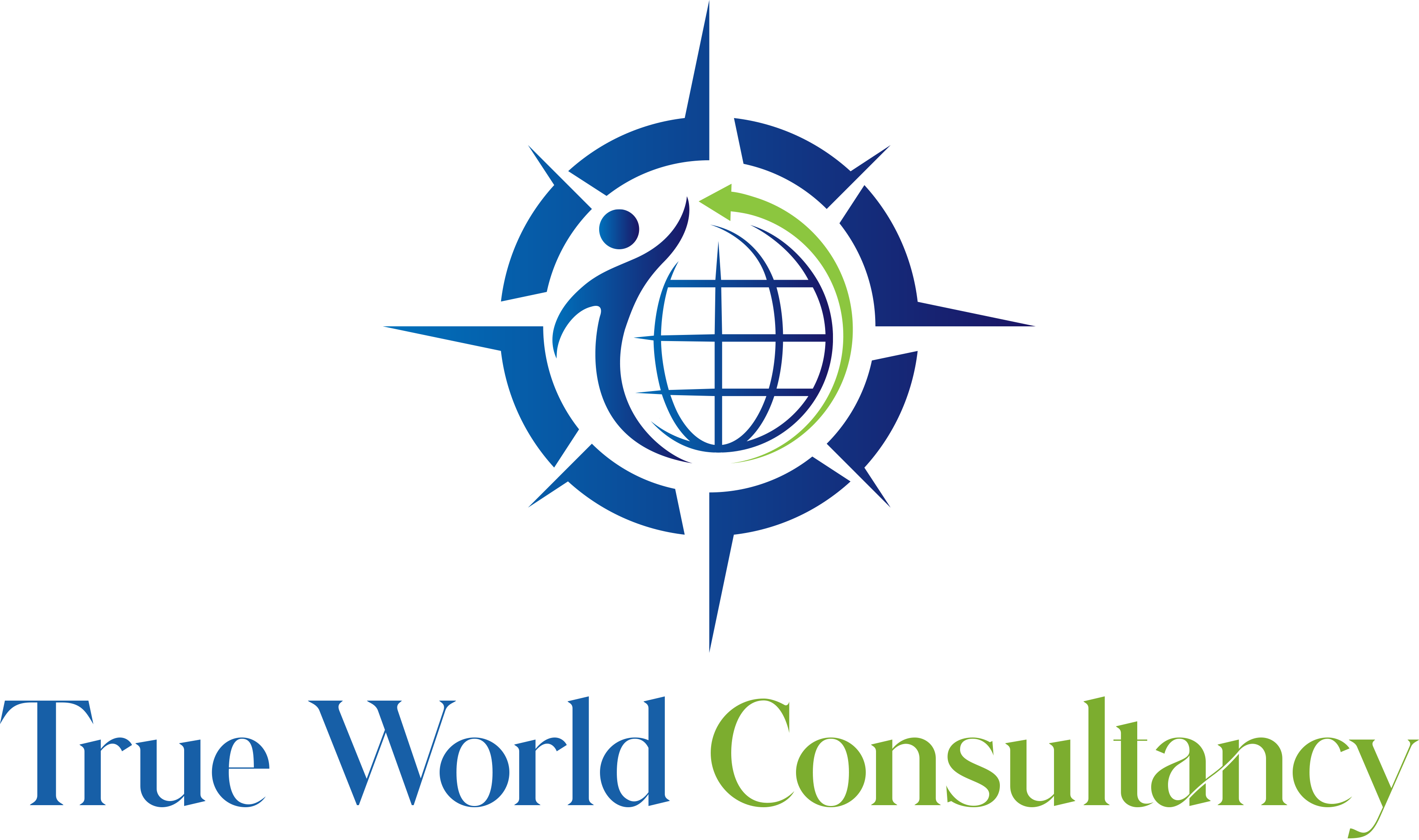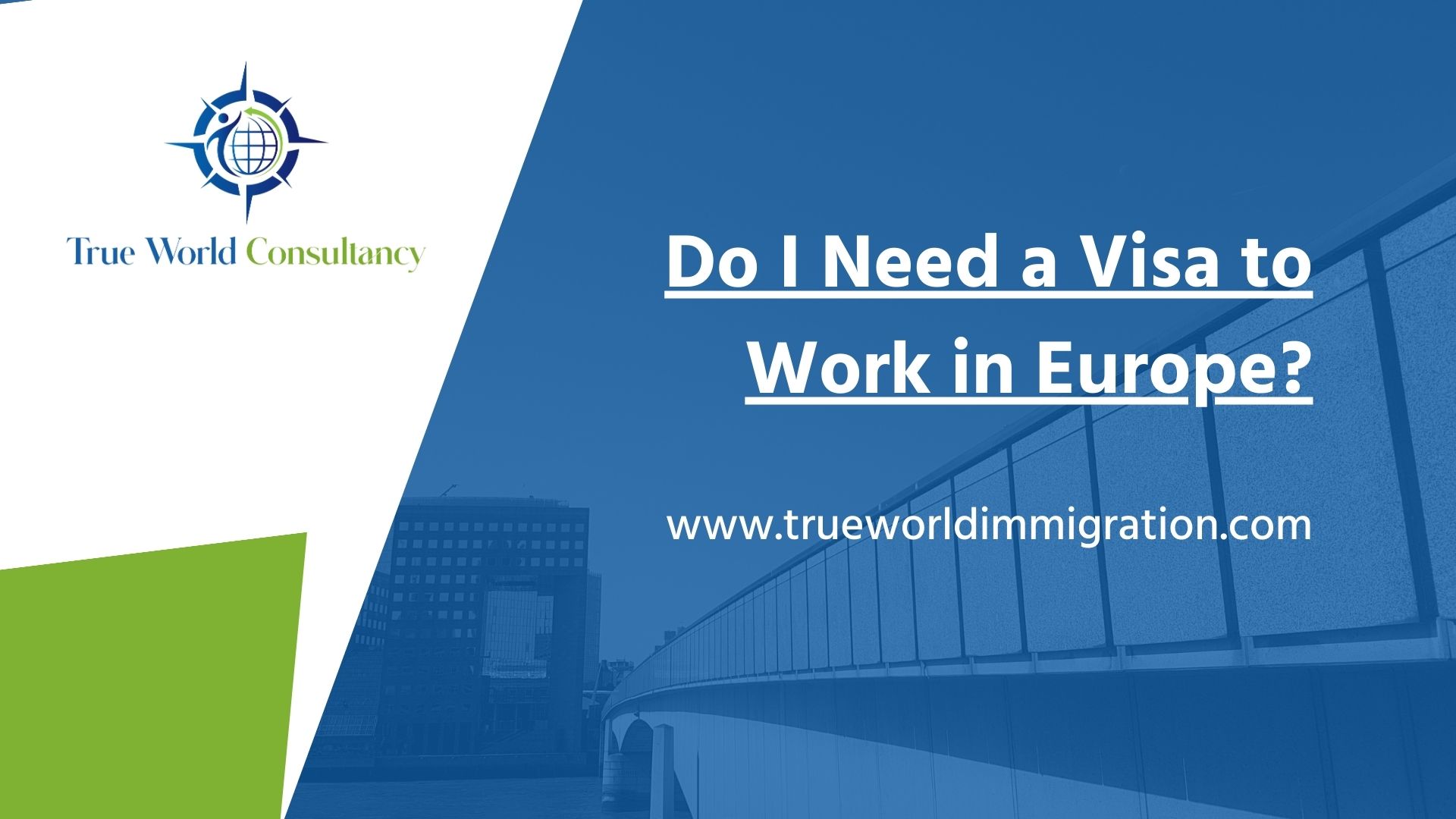Do I Need a Visa to Work in Europe?
Citizens of the countries listed below do not need a visa to work in Europe:
- Australia
- Canada
- Israel
- Japan
- New Zealand
- Switzerland
- USA
*Citizens of the European Union do not need a visa to work in Europe either.
Work in Europe
Who Is Eligible for a Europe Work Visa?
Non-EU nationals who wish to work in Europe, have a job offer from a European employer, and meet the qualifications set by the country they want to work in are eligible to apply for a European work visa.
What Is the Easiest Country to Get a Europe Work Visa?
With the right qualifications and skills, you can get a work visa anywhere in Europe, but most countries have strict policies when it comes to issuing work visas. However, several European countries offer several visa options for digital nomads and freelancers.
Countries listed below are some of the easiest countries in Europe to get a work visa:
- Estonia
- Norway
- Germany
- The Netherlands
- Ireland
The Czech RepublicWhat Is the Duration of a Europe Work Visa?
An EU work visa is usually issued for one year (12 months), and many European countries offer the possibility of extending it upon the expiry of the visa. However, the duration of your work visa depends on the country that issues the visa.
For example, Denmark can issue a work permit for up to 4 years for an indefinite job contract, whereas other countries, like Austria, can issue a work permit for up to 2 years, etc.
What Are the Requirements for a Europe Work Visa?
The requirements for a work visa change based on the country you are applying for. However, there are some basic documents that you must submit to support your visa application, such as the following:
- Work Visa Application Form.
- Your passport must be valid at the time of application.
- Passport-sized photograph. Provide a recently taken photograph of yourself. Some countries require two or more photographs.
- Police clearance certificate. A document proving that you have not committed any crime for the last 5 to 10 years.
- Employment contract. A document signed by your employer and you. The document must include the work conditions and your salary.
- Proof of professional qualification for the job you have been offered.
- Proof of accommodation. Proof you have a place to accommodate during your stay in the country.
- Document on recognition of education.
- Health insurance. Getting health insurance as a foreign worker is important as it covers your stay period and provides financial security in case of unexpected medical expenses.
- Language proficiency. (if required)
*This is just a general guideline of what documents you need to submit together with your work visa application, as each country has specific requirements for every type of visa.
How to Get a European Work Visa
Each European country has its application requirements that vary depending on your nationality, country of residence, and type of work visa. However, the general application process for a European work visa includes the following steps:
- Choose the European country you want to work in.
- Get a job offer from an employer from that country.
- Gather the documents for starting the visa application and pay the application fee.
- Apply for a work permit. (if required)
- Apply for a work visa. You can apply at the diplomatic missions in your country, neighbouring countries, or online, depending on the country which issues the visa.
How Much Does It Cost to Get a Europe Work Visa?
The cost of a work visa in Europe varies from country to country. Many European countries issue more than one type of visa, so the cost can increase or decrease depending on the type of work visa you are applying for. Therefore, you should contact the embassy or consulate of the country you want to work in and ask about the visa fees beforehand.
How Long Does It Take To Get a Europe Work Visa?
The processing time for a visa depends on the country and industry you are applying for. Some countries can take two to six weeks to process your visa application, whereas others can take up to eight or three months or longer.
Can My Family Accompany Me With a Europe Work Visa?
Yes, a work visa allows you to bring your dependents with you as long as you have the financial means to support them and an accommodation place. This includes the following family members:
- Spouse.
- Children (usually under the age of 18 or 21).
- Children over the age of 18 who cannot take care of themself due to severe health conditions.
- Parents (who depend on you).
*Certain European countries will allow you to bring your family members with you after spending a certain time in the country on a work visa.
What Jobs Can I Work With a Europe Work Visa?
With the right qualifications, skills, and experience, you can work any type of job you want. Most European countries have high employment rates and demands for new employees.
Here are some professions you can work with a Europe work visa:

- Engineer (software engineers, mechanical engineers, electrical engineers, devOps, cloud).
- Social worker
- Psychologist
- Lawyer
- Chemist
- Biologist
- Nurse
- Constructor
- Education (teacher, professor)
- Researcher
- Scientist
- Real estate agent
- Mechanic
- Architect
Which Is the Best European Country to Work In?
Countries in Europe have created a great balance between work and personal life throughout the years, making them a top choice for job seekers around the world.
Here are some of the best European countries to work in.
Switzerland
Combining high-earning prospects and high quality of life, Switzerland remains on top of the list for employment. Switzerland’s labor law provides a maximum of 40 – 45 hours per week, depending on the sector of the employees. If you work longer hours, the overtime will be compensated with a premium of 25% or time off equivalent to the monetary premium. The salary is transferred to your bank account at the end of each month.
Germany
Germany is the largest economy in Europe. The country has some of the largest companies in the world and German companies that offer many job opportunities. The legal working time is 8 hours per day, except for Sunday. Germany offers paid sick leaves of up to six weeks, paid vacation time, and paternity leave, and any overtime work will be compensated by the employer.
Norway
About 70% of the population in Norway is in the labor force, creating a healthy job market for the country. Norway employers are obliged to pay their employees at the end of each month for the hours worked. If the employee has worked more than the designated hours, he/she will be entitled to a supplement of at least 40% of the agreed hourly pay. In Norway, normal working hours are 9 hours within 24 hours, leading to 40 hours per week.
Luxembourg
Luxembourg has a maximum working hour of 40 hours per week (exceptions exist in specific branches), and overtime is entitled to extra pay. Employees in Luxembourg are entitled to 4 weeks of paid holidays per year after three months of work. You will be entitled to paid maternity, parental, and sick leave. Luxembourg’s employment law prevents employers from discriminating against employees based on sex, nationality, religion, race, or ethnic origin.
Denmark
Denmark leads the list for good work-life balance, and Danish law prohibits discrimination in the labor market. The country offers ten schemes that you can choose based on your qualifications and skills. The working hours per week are 37 in most sectors, mandated through the employment contract, and any overtime hours in excess of 37 hours per week are paid depending on the agreement. You are also entitled to five weeks of paid holiday per year.


